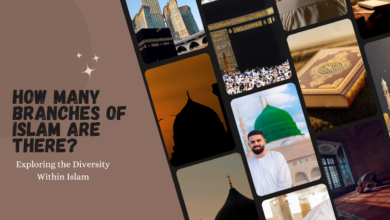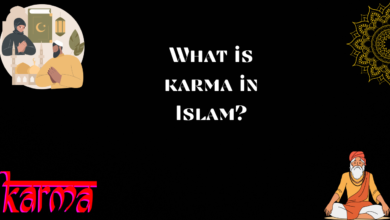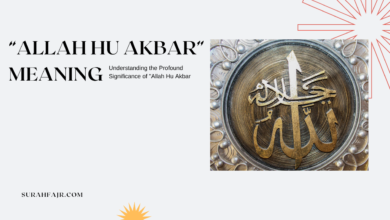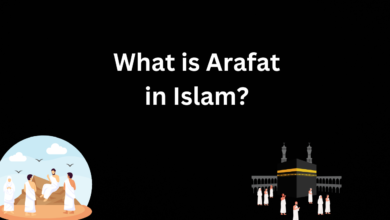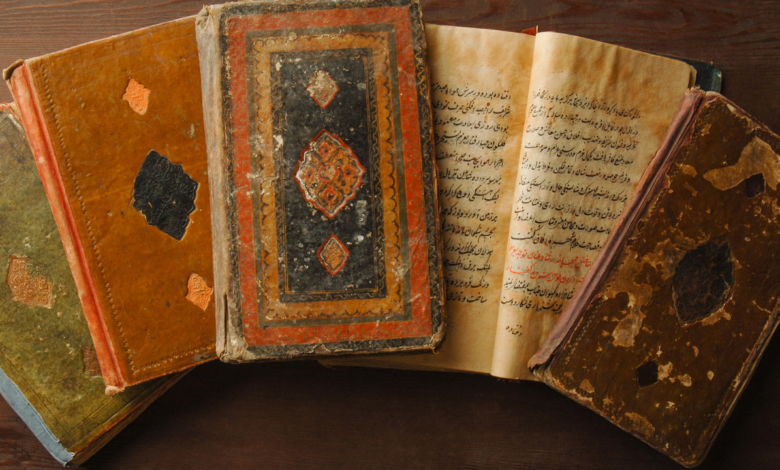
How old is Islam?
Islam is approximately 1,400 years old. It was founded in the 7th century CE.
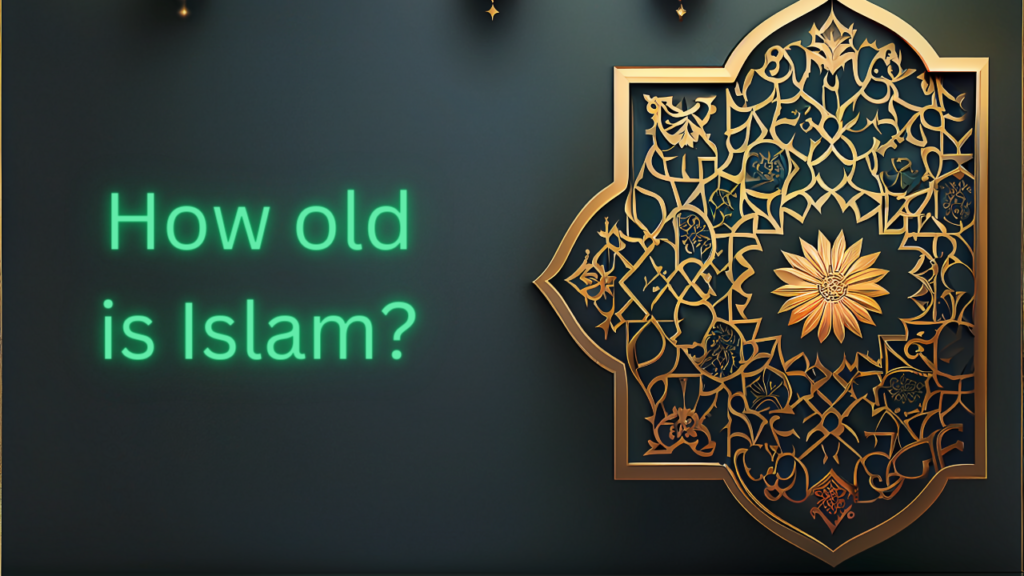
Introduction
Islam, one of the world’s major religions, is often a subject of fascination and curiosity for people of diverse backgrounds. Its rich history, profound teachings, and the impact it has had on societies worldwide make it a topic worthy of exploration. To understand how old Islam is, we must embark on a historical journey through time to uncover the origins and evolution of this global faith.
The Birth of Islam
The origins of Islam can be traced back to the Arabian Peninsula in the 7th century CE. The central figure in the emergence of Islam is the Prophet Muhammad, who was born in the city of Mecca in the year 570 CE. At the age of 40, Muhammad received the first revelation from God, as believed by Muslims, through the angel Gabriel while meditating in the cave of Hira. These revelations continued over a period of 23 years and were eventually compiled into the holy book of Islam, the Quran.
The Quran serves as the primary religious text for Muslims and provides guidance on matters of faith, morality, and conduct. It also outlines the fundamental beliefs and practices of Islam. The religion’s teachings emphasize monotheism, the worship of one God (Allah), and the importance of living a just and righteous life.
Also check.
- What is a gin in Islam?
- Who is Allah in Islam?
- What is the purpose of life in Islam?
- What happens after death Islam?
- What conditions were laid between the Muslims and the infidels on the occasion of peace at Hudaybiyah?
The Spread of Islam
After receiving the revelations, Muhammad began preaching the message of Islam in Mecca. However, he faced opposition from the ruling elite and persecution of his followers. In 622 CE, Muhammad and his followers migrated to the city of Medina, where they established a Muslim community. This migration, known as the Hijra, marks the beginning of the Islamic calendar.
Over the next decade, Islam spread rapidly throughout the Arabian Peninsula. Muhammad consolidated his authority as both a religious and political leader, unifying the various Arab tribes under the banner of Islam. In 630 CE, he returned to Mecca, which had now embraced Islam, and the city became the spiritual center of the religion.
The Death of Muhammad and the Caliphate
In 632 CE, Prophet Muhammad passed away, leaving behind a rapidly growing Muslim community. The leadership of the Muslim community, or Ummah, fell to his close companions, who are known as the Rashidun Caliphs. The first four caliphs, including Abu Bakr, Umar, Uthman, and Ali, played a crucial role in the expansion of Islam.
During this period, the Islamic empire expanded to encompass regions far beyond the Arabian Peninsula, including parts of the Byzantine and Sassanian Empires. This expansion marked the beginning of Islam’s status as a global religion.
The Umayyad and Abbasid Caliphates
In the years that followed, the Islamic world witnessed the rise of the Umayyad Caliphate (661-750 CE) and later the Abbasid Caliphate (750-1258 CE). These dynasties oversaw the flourishing of Islamic civilization and culture, contributing to advancements in science, philosophy, and the arts.
The Golden Age of Islam, which occurred during the Abbasid period, saw the translation of ancient Greek and Roman texts, leading to significant developments in fields such as mathematics, astronomy, medicine, and literature. Scholars like Al-Kindi, Al-Razi, and Ibn Sina made groundbreaking contributions to human knowledge during this time.
Conclusion
In summary, Islam originated in the 7th century CE with the revelations received by the Prophet Muhammad. Over time, it grew from a small community in the Arabian Peninsula to become a major global religion, shaping the course of history and civilization in profound ways. The spread of Islam, the establishment of caliphates, and the Golden Age of Islamic civilization are all key milestones in the rich tapestry of Islamic history. Today, Islam is over 1,400 years old and continues to be a dynamic and influential force in the world, with millions of followers worldwide. Its history is a testament to the enduring power of faith and human achievement.
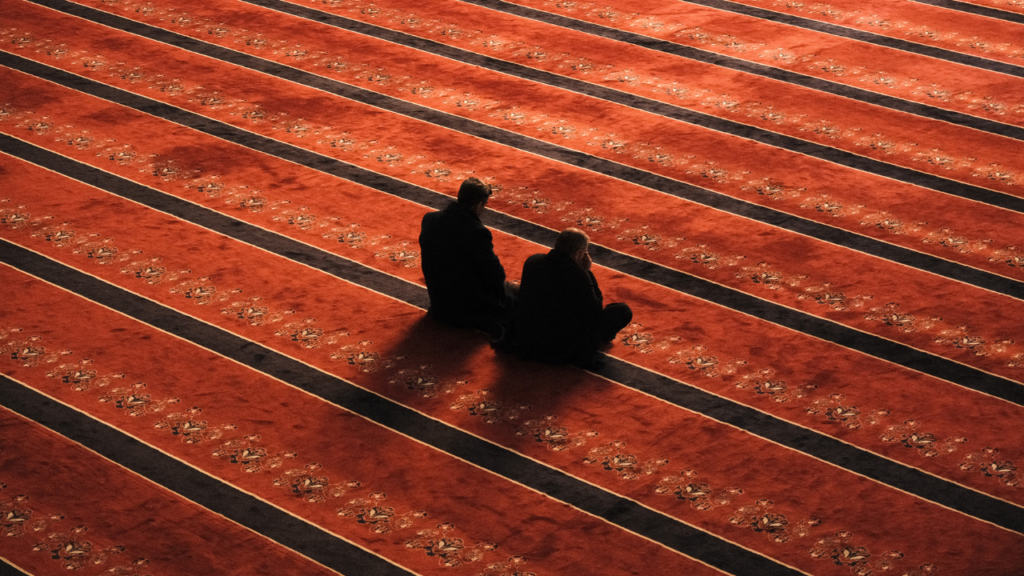
(FAQs) about the age and history of Islam:
How old is Islam?
Islam is approximately 1,400 years old. It was founded in the 7th century CE.
Who is the founder of Islam?
Islam was founded by Prophet Muhammad, who is considered the final prophet in Islamic tradition. He received revelations from God, which are recorded in the Quran.
When did Prophet Muhammad receive his first revelation?
Prophet Muhammad received his first revelation in the year 610 CE while meditating in the cave of Hira near Mecca, Saudi Arabia.
What is the significance of the Hijra (Migration)?
The Hijra, which occurred in 622 CE, marks the beginning of the Islamic calendar. It was when Prophet Muhammad and his followers migrated from Mecca to Medina to escape persecution, and it’s a crucial event in Islamic history.
When was the Quran revealed?
The Quran, the holy book of Islam, was revealed to Prophet Muhammad over a period of approximately 23 years, starting in 610 CE and concluding in 632 CE.
How did Islam spread after its foundation?
Islam initially spread through the Arabian Peninsula and later expanded through military conquests, trade, and peaceful missionary activities. It reached various parts of the world through these means.
What are the key events in the early history of Islam?
Some key events in early Islamic history include the Battle of Badr (624 CE), the Treaty of Hudaybiyyah (628 CE), and the Conquest of Mecca (630 CE). These events shaped the development of Islam and the expansion of Muslim territories.
How has Islam evolved over the centuries?
Islam has seen various historical developments and the emergence of different sects and schools of thought. These include Sunni, Shia, Sufism, and various jurisprudential schools. Islam has adapted to different cultures and regions, resulting in diverse practices and traditions.
What are the major branches of Islam?
The two major branches of Islam are Sunni and Shia. Sunni Muslims make up the majority of the Muslim population, while Shia Muslims have distinct beliefs and practices, particularly regarding leadership and succession after Prophet Muhammad.
What is the current global population of Muslims?
As of my last knowledge update in September 2021, Muslims comprised approximately 1.8 billion people worldwide. However, it’s essential to note that these numbers may have changed since then.
